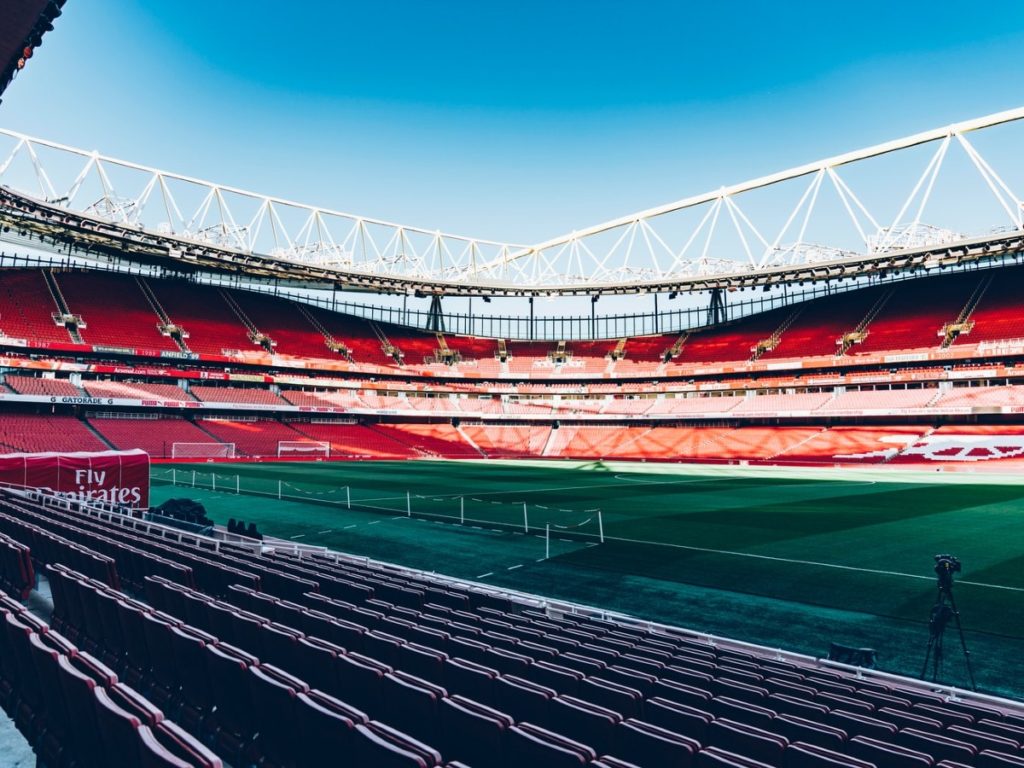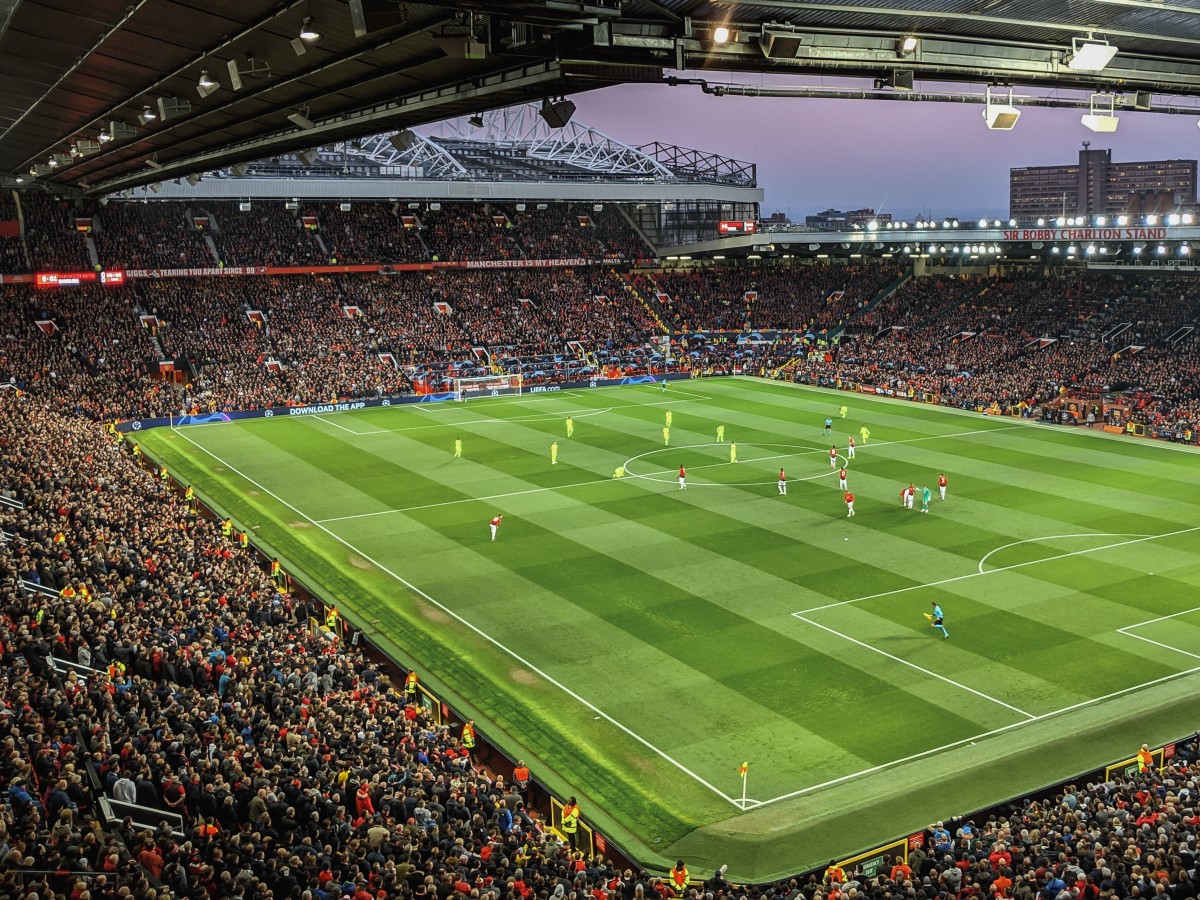The sixteenth instalment of the sport’s premier tournament is finally going ahead this autumn. There have been several exciting changes to the format – it has been extended, expanded, and this time it will truly be a nationwide event. As well as having more teams in the men’s tournament, the 2022 tournament (or the 2021 tournament as it is officially branded) sees the women’s and wheelchair tournaments coming on board to create one huge, all-inclusive event with all competing players being paid the same.
It is embracing doubleheaders not just to get more fans into the stadiums, but as a good way of delivering value for money. This is something that has worked very well in other sports, particularly The Hundred cricket matches, which see every men’s game preceded by the corresponding women’s fixture.
Australian Dominance
The tournament was scheduled to go ahead last year, of course, but with the Australian and New Zealand teams pulling out it was decided to postpone it until this year. The absence of those two heavyweights may have opened the door to other nations, but it is hard to imagine a world cup without our antipodean cousins taking part. Australia, at least if you go by the rugby betting odds, are likely to win the trophy for the third successive time this year. In fact, The Kangaroos have been successful in eight of the last nine tournaments, with New Zealand picking it up just the once, in 2008.
The 2022 Tournament
Along with the wheelchair and woman’s tournaments, there will be a total of 61 matches, all being shown live. The men’s competition will have 16 teams, two more than in previous years.
There are four groups of four, with the top two from each group progressing to the knockout phase. Group A sees England matched with Samoa, France and Greece; Group B has Australia, Fiji, Scotland and Italy. Group C contains New Zealand, Lebanon, Jamaica and Ireland, while Group D is the only one that does not contain a previous winner, with Tonga, Papua New Guinea, Wales and Cook Islands.
Group matches take place from the 15th of October right through to the end of the month. Those who advance to the quarters qualify automatically for the 2025 World Cup, and the games are played on the 4th, 5th and 6th of November. The semi-finals take place on the 11th and 12th of November with the final on the 19th of November.
Venues

London will not miss out as the Emirates hosts a semi-final
There are a total of 18 stadiums that will host the 61 matches (31 for the men’s, 15 each for the wheelchair and women’s). One late change was when Workington pulled out. It could have been a good chance for Widnes to showcase their Halton Stadium, especially in light of the recently announced ambitious project to reduce its carbon footprint, but it was Newcastle’s Kingston Park that stepped in.
The venues are:
- Old Trafford, Manchester (venue for the final)
- The Emirates, London (venue for a semi-final)
- St James’ Park, Newcastle
- Elland Road, Leeds (venue for a semi-final)
- Riverside Stadium, Middlesbrough
- Bramall Lane, Sheffield
- MKM Stadium, Hull
- Coventry Building Society Arena, Coventry
- DW Stadium, Wigan
- Kirklees Stadium, Huddersfield
- Headingley Stadium, Leeds
- Totally Wicked Stadium, St Helens
- Keepmoat Stadium, Doncaster
- Halliwell Jones Stadium, Warrington
- Leigh Sports Village, Leigh
- Kingston Park, Newcastle
- York Community Stadium, York
The Copperbox in London’s Olympic Park and Sheffield’s EIS Arena also host the wheelchair event.
Rugby League in the Spotlight
The forward-thinking idea not just to combine all three tournaments but to pay the players the same has stolen a march on other sports and shone a very good light on Rugby League. With every game being broadcast, and the BBC showing all 31 men’s games on BBC1 or BBC2 as well as comprehensive highlights, it is a fantastic opportunity for the sport. Coming as it does just before the Football World Cup, as well, it will not have to compete and will serve as a very good appetiser, though we all realise it is actually the main event.


